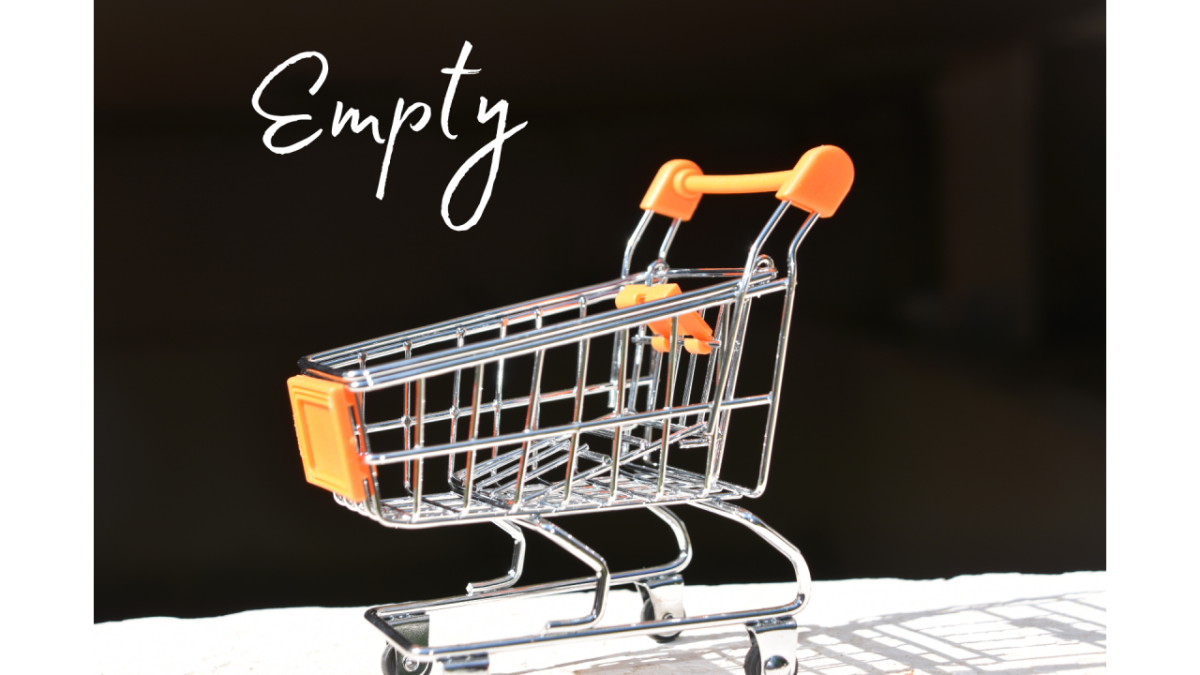Ecocentricity Blog: One Good Deed
By: John A. Lanier

Ecocentricity Blog: One Good Deed
A good friend of mine asked me a question about two months ago, and I still haven’t given her an answer. At that moment, I responded, “That’s a great question. I’ll need to think about it.” Which I have done, off and on. It’s a tricky question though, because it can’t easily be answered with data, though it does have a quantitative aspect to it. It also has a social science angle relating to human behavior and all of its unpredictabilities. Then there is the fact that answering the question necessitates an “apples to oranges” values judgment. See? It’s complicated.
Here is her question - What is the one environmental thing a person can do that will help the most?
Stop reading for a moment and wrestle with that one yourself. It’s only 15 measly words, but I expect you’ll have an easier time coming up with things that are NOT the answer than you will with choosing THE answer. For instance, refusing plastic straws at restaurants, while important, probably isn’t the absolute best thing a person can do. Same goes for turning the faucet off while you’re brushing your teeth - please do it, but please don’t consider that the gold standard for environmental friendliness! To do so would ignore or minimize the scale of the environmental challenges we face. We need to do more than just conserve a bit of water or keep plastic tubes out of the ocean.
I am tempted to dodge the question entirely. I want to say that we need everybody to be doing dozens upon dozens of environmentally friendly things every single time they have a chance. We don’t solve ocean plastics and deforestation and toxin bioaccumulation and biodiversity loss and overfishing and nutrient loading and the climate crisis just by individual action. These problems get solved at systems scale, where individual good deeds intersect with corporate action and governmental policy.
But my friend asked the question in good faith, and I want to give a real answer to what she was getting at. She wanted to know if there was one good thing to work on in particular, because if so, she wants to do it!
I don’t think the best answer can be specific to a single environmental issue, like my plastic straw and water waste examples above. That would pull us into the trap of the values judgment around which is a more important or pressing environmental issue. Ideally, we would want one thing that makes a difference on a whole host of issues at the same time. Examples could include voting for political candidates who take the environment seriously (really important!) or including environmental nonprofits in your charitable giving (also really important!). But if I have to choose one (which is the whole point of the question after all), I’m going to say the thing we can do to help the most is to buy less stuff.
When we decide not to purchase an item we would otherwise want, or when we choose an option that has a long lifespan rather than being disposable in the short or medium term, multiple good things happen. For one, we save the materials, energy, carbon, and water that would have been used to make the extra marginal item we would have bought. Second, we eliminate the risk of that item becoming waste in our oceans or lands at the end of its useful life. And third, we signal to the markets, even if ever so slightly, that its consumers are basing their purchasing decisions with the environment in mind. If enough of us do so, the markets (and the businesses that constitute them) will be forced to adjust and compete more authentically on the environmental impacts of their operations, products, and services.
It’s a win win win….plus another win. This environmental practice also saves you money!
This blog is available weekly via email subscription. Click here to subscribe.
RELATED BLOGS:
Ecocentricity Blog: Not-So-Happy-Reading
Ecocentricity Blog: Net Positive: Leaving the World Better Than You Found It
Ecocentricity Blog: Eyes Ahead
CONTACT:
Valerie Bennett
+1 (770) 317-5858
valerie@raycandersonfoundation.org
Ray C. Anderson Foundation
http://www.raycandersonfoundation.org
Facebook: https://www.facebook.com/RayCAndersonFoundation
LinkedIn: https://www.linkedin.com/company/ray-c.-anderson-foundation
Twitter: @RaysLegacy
Instagram: @rcafoundation

